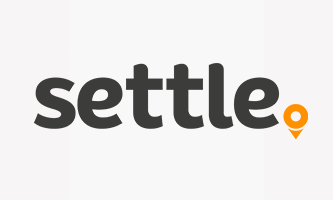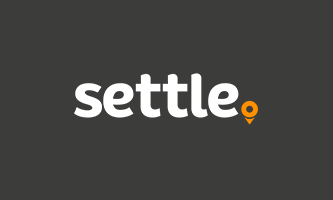Reclaiming the word ‘social’
Gavin Cansfield, chief executive

I was delighted to read about the research project the Chartered Institute of Housing has launched to help feed into the upcoming Housing Green Paper. Reimagining social housing is exactly the enterprise we need the best minds working on. In the wake of the Budget and other recent policy announcements, it is clear that the mood music has changed – as housing providers we now need to deliver and we need to ensure that we remain relevant.
The Chancellor called for 300,000 net housing additions in his Budget address and, although the point has been made about there being no specific reference to affordable housing, as a housing association we fully intend to play our part in helping provide the number and range of homes that are needed.
For settle, this is the crucial point – what sort of homes and for whom?
Many will remember that there was a recent time when a number of voices in our industry seemed to suggest that the main problem we had was the term social. If only we could lose the ‘social’ from social housing then everyone – for everyone, read government – would love us.
This was occurring just at the same time as much of the rest of the world was reclaiming the word social and staking out the networks through which we now live so much of our lives.
Right now the future looks like Spotify existing alongside vinyl; League of Legends alongside board games. Whether or not you believe millennials are a thing or merely another marketing invention, they continue to demonstrate that the future is a mix of the old and the new.
So, what do these interwoven social and cultural trends mean?
I don’t think anyone expects a return to the same clubs and associations that used to exist. But people will care about where they live and how they live. Those interests will drive different forms of social incarnation and group formations.
Whether it is guerrilla gardening reclaiming spaces or yet another pop-up that makes the old seem new, the desire and need to be social continues.
As we think about the neighbourhoods we work in, the changing demographic, the changing nature of work and the role of the home, we shouldn’t lose sight of our role in encouraging and supporting the social network. The often intangible web of relationships that need to exist to ensure there is child care, that older people are looked after, and that the social capital essential to good mental health is fostered and nurtured.
At settle, we know that by 2035 the number of our customers aged 65 and over will have increased by 80%. This doesn’t just present a challenge in how we design property that works for people but, given the further decline of state support, it begs the question of how will those that need support access it?
What will be the opportunities for older people to contribute to their neighbourhood?; what will the job of providing care look like?; and how do we create the conditions where an ecosystem of volunteering, work and support to prevent loneliness can co-exist?
It’s not just our own industry that is contemplating social housing. IKEA’s external innovation lab Space10 has created an online platform for researching and developing concepts for future shared living spaces.
One Shared House 2030 is a collaboration between Space10 and Brooklyn design studio Anton & Irene. The project’s aim is to explore and develop ideas for shared living to solve current housing problems, like affordability, rapid urbanisation and loneliness.
At settle, we have been working with Cambridge University to establish how technology in and data from the society we help to house can inform better investment in property.
The relationships we are starting to form take us outside of the standard list of sector names and, over the next couple of years, we will begin to shape the services we provide to respond to how our customers want to live in their homes.
As we rethink the importance of social housing we will ensure it is an option which works for how we live today.
Article first published in Inside Housing in November 2017.


